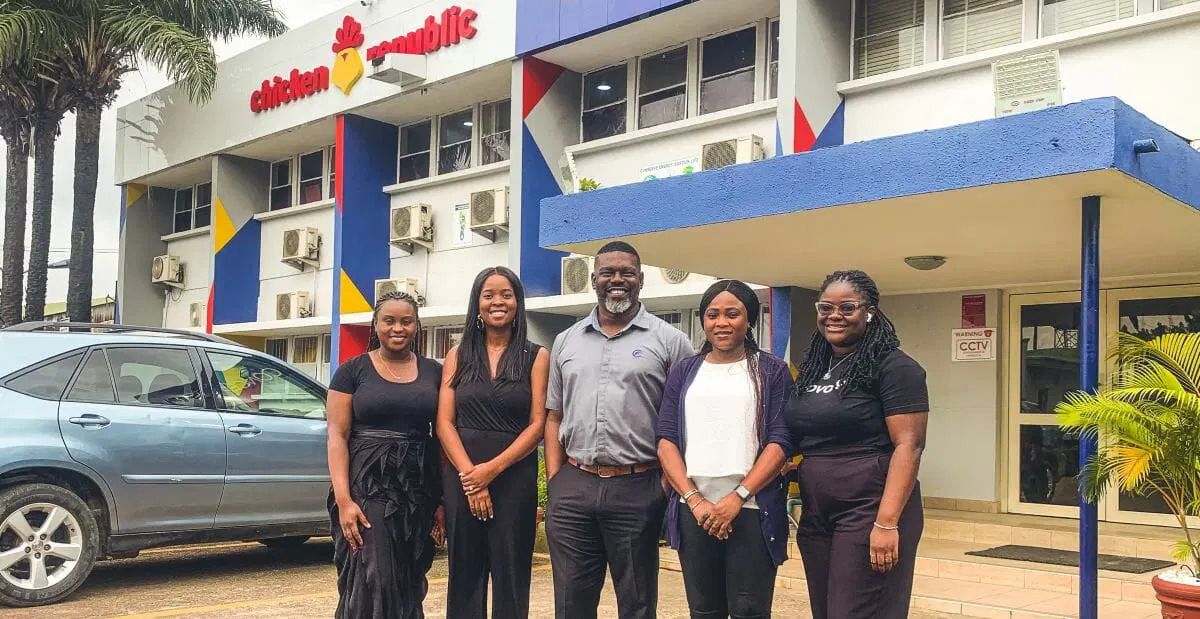Glovo and Chowdeck named as delivery partners to West Africa's largest QSR chain
Chicken Republic, West Africa's largest QSR chain has named Glovo and Chowdeck as its partners in Nigeria.

West Africa's largest quick service restaurant (QSR) chain Chicken Republic has announced Glovo and Chowdeck as its delivery partners in the country.
“As a customer-focused brand, it is crucial for us to align with partners who prioritise the customer at the core of their operations, particularly in addressing the last mile challenge. This partnership holds significant importance as we join forces with a proudly Nigerian brand to tackle this issue,” says Kofi Abunu, Managing Director of Food Concepts Plc, Chicken Republic's parent.
Glovo currently operates in 58 Chicken Republic stores across Lagos, Abuja and Ibadan; Chowdeck is also present in the aforementioned locations and Port Harcourt.
Customers of Chicken Republic can now make orders via any of these two delivery partners. Chowdeck claims that 90% of its orders currently delivered under an average of 24 minutes; Glovo's average delivery time is not publicly disclosed.
Nigeria’s organised fast-food industry is estimated at $602.5 million, and has been growing at a 10% annual rate in recent years, according to the Association of Fast-Food Confectioners of Nigeria.
Investors like Y Combinator have since shown continued interest in investing in the sector. Within two years, the accelerator has invested in six African food delivery startups, including Chowdeck.
“Restaurants and food businesses play a vital role in communities across the continent,” said Andreata Muforo, Partner at TLcom. Last year, TLcom participated in the $30 million Series A of Vendease, the first YC-backed food delivery company in Africa.
It is quite a competitive market especially because of the increasing low purchasing power of Africans which has been increased by the economic downturn. Also, in Nigeria, the recent fuel subsidy cut is taking a toll on businesses; especially those offering logistics-related services, as well as rising food costs.
Last year, the last point was listed as one of the reasons for the closure of Kenya-based food delivery startup Kune Food. “...coupled with rising food costs deteriorating our margins, we just couldn’t keep going,” CEO Robin Reecht said.
Regardless, some entrepreneurs and investors including Y Combinator still believe in the future of cloud kitchens in Africa.







Comments ()